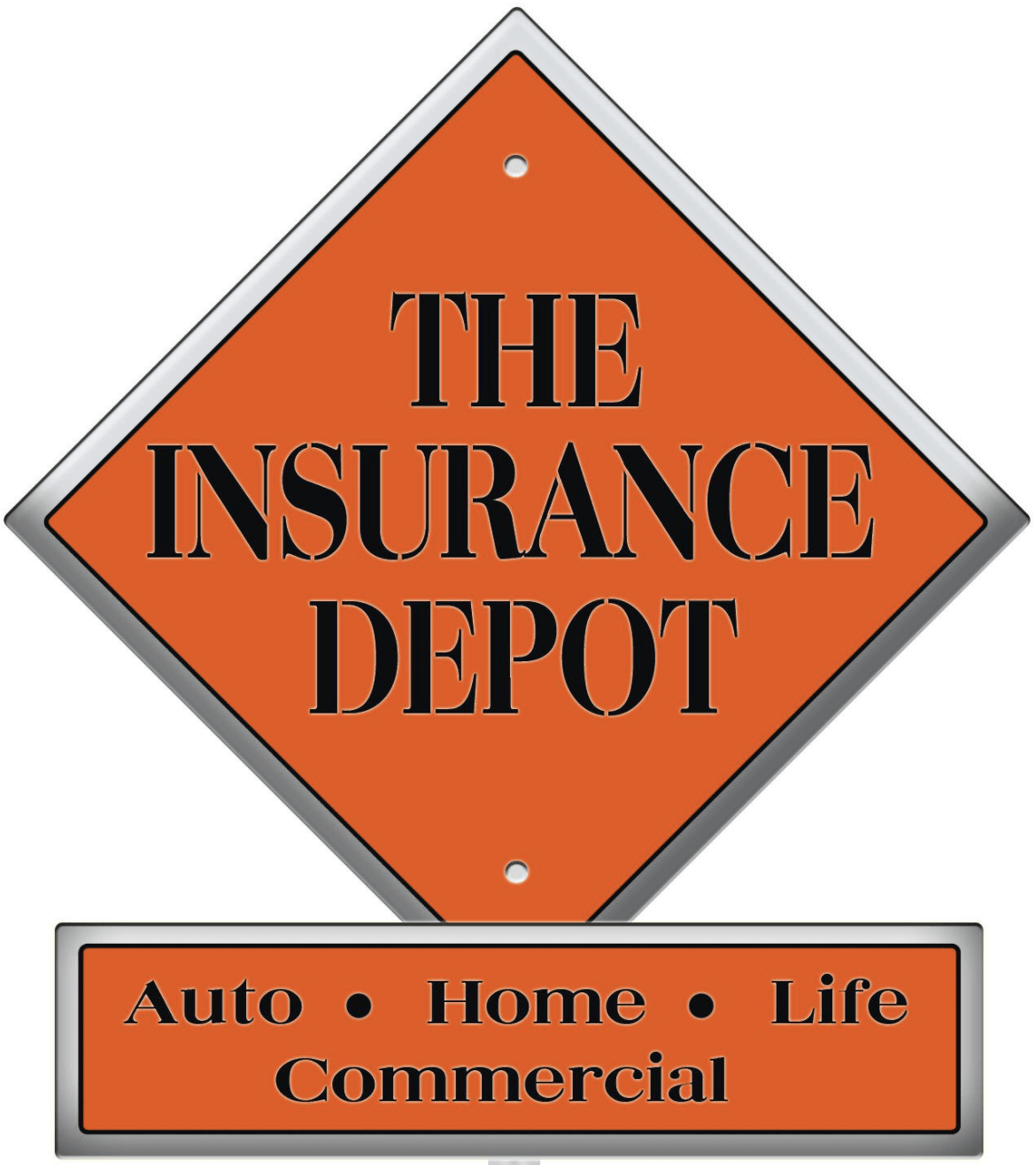Homeowners Insurance
Get A Homeowners Insurance Quote In Queen Creek
Sometimes people don’t consider insurance as something that they really need. Once they realize that this is actually a necessity, they don’t have enough knowledge about the basics of insurance. A good understanding of what’s covered and what isn’t covered in your insurance policy is important in building your home and determining whether your personal belongings can be replaced. Homeowners insurance is a necessity. Not only does it protect your home and your possessions against damage or theft but almost all mortgage companies require borrowers to have insurance coverage for their property and deny loans for those without it.
What Is Homeowners Insurance?
Homeowners insurance will compensate you if an event covered under your policy ends up damaging or destroying your home or personal items. It will also cover you in certain instances if you injure someone else or cause property damage. There are three main functions of homeowner’s insurance:
- Repair your house, yard, and other structures.
- Repair or replace your personal belongings.
- Cover personal liability if you’re held legally responsible for damage or injury to someone else.
Homeowners insurance isn’t necessarily required by law but if you have a mortgage, your lender will require it to protect its investment. Even if you do not have a mortgage, home insurance is always a wise purchase. Homeowner insurance policies are generally “package policies” which means that it covers both the damage done to your property and also your liability, which is the legal responsibility for any injuries and property damage to others caused by you or members or your family, including your household pets.
While homeowners insurance covers a lot of disaster-related damage, there are some exceptions. Flood insurance and earthquake insurance are both separate types of policies, which may be a wise choice to have depending on where you live. If your house is not properly maintained and leads to disasters or accidents, your homeowner's insurance will not cover it as maintenance-related problems are the responsibility of the homeowner.
What Does Homeowners Insurance Cover?
Standard homeowners insurance policies generally include the following:
- Damage To Your Home Interior Or Exterior - In the event that your home is damaged due to fire, hurricanes, lightning, vandalism, or other covered disasters, your insurer will compensate you so that your house can be repaired or completely built. Destruction or mutilation from floods, earthquakes, and poor home maintenance is generally not covered and you have to avail of these separately. Freestanding garages, sheds, or other structures on the property may also be covered separately. Most of your home items, such as clothing, furniture, and appliances are covered if they’re destroyed in the covered disasters. You could also get “off-premises” coverage for when you lose your items in other places but the amount that may be reimbursed to you might just be between 50% to 70%. If you own a lot of luxury possessions, you may want to pay extra to put them on an itemized schedule, purchase a rider to cover them, or even buy an additional policy.
- Liability for Damages or Injuries - Liability coverage protects you from lawsuits that are filed by other parties. This clause may also include your pets so if your dog ends up biting your neighbor, your insurer will be able to pay off their medical bills. Experts recommend having at least $300,000 worth of coverage. For extra protection, a few hundred dollars more in premiums can buy you up to $1 million more through an umbrella policy.
- House Rental While Your Home is Being Fixed or Rebuilt - If you find that you’re forced out of your home for a while, this may be really good coverage for you. This part of the insurance coverage is also pertained to as additional living expenses. Your insurer will reimburse you for the rent, hotel room, restaurant meals, and other incidental costs that you incur while waiting for your home to be liveable again. Keep in mind that these policies have a strict daily and total limit which you can expand if you’re willing to pay for more coverage.
Types of Homeowners Coverage
All insurance is not created equal. The cheapest homeowners insurance will give you the smallest amount of coverage while the more expensive ones offer more. Several forms of homeowners insurance have become standardized in the industry. They offer various levels of protection depending on the needs of the homeowner and the type of residence being covered. The three levels of coverage are:
- Actual Cash Value - Actual cash value covers the cost of the house and the value of your belongings after deducting depreciation, which is how much your items are currently worth.
- Replacement Cost - Replacement value policies cover the actual cash value of your home and possessions without a deduction for depreciation. This is so that you can completely repair or rebuild your home up to its original value.
- Extended/Guaranteed Replacement Value - This pays for whatever it costs to repair or rebuild your home, even if it’s more than your policy limit. Some insurers offer an extended replacement, but there is a ceiling that is around 20% to 25% higher than the original policy limit. Most advisors tell homeowners to buy guaranteed replacement value policies in order to ensure that they have enough insurance to cover the value of their homes. Since the market fluctuates, it’s best to get coverage for more than what your home is worth.
